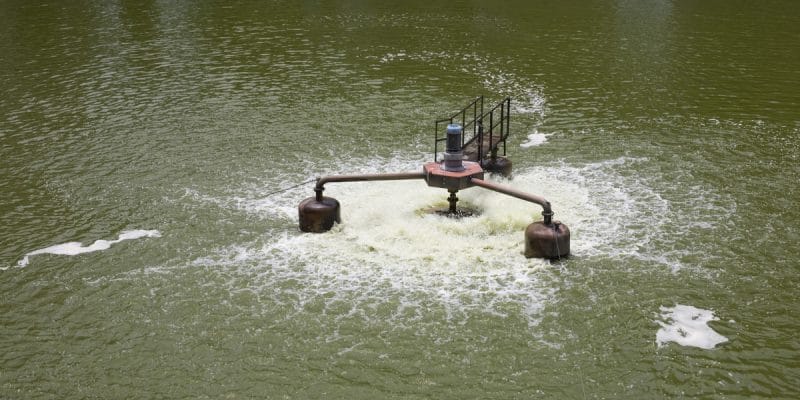The Tunisian government will invest €150 million in sanitation projects in 33 small municipalities. The funds come equally from two development banks, the AfDB and the EBRD.
The African Development Bank (AfDB) and the European Bank for Reconstruction and Development (EBRD) signed a loan agreement on Tuesday, January 8, 2019, with the Tunisian Ministry of Development, Investment and International Cooperation and the National Sanitation Office (Onas) to finance the sanitation programme for small municipalities with a population of less than 10,000 in Tunisia.
The €150 million programme, co-financed equally by the AfDB and the EBRD, is divided into several sub-funds. The construction of 24 new wastewater treatment plants, the extension of sewerage networks over 862 kilometres and the construction of 30 new pumping stations. The component devoted to capacity building in Onas and the targeted municipalities will make it possible to ensure the sustainability of the management of these sanitation systems.
The programme will improve the environment for 200,000 inhabitants
The ceremony in Tunis marks a decisive step in the implementation of this project with a high environmental impact, benefiting 200,000 inhabitants from 33 small Tunisian municipalities in 19 governorates. Residents are expected to see a significant reduction in pollution and reduced health risks. In addition, the volume of treated wastewater will reach 7.71 million m3 per year, with greater availability of usable water in the region.
To overcome environmental problems, Tunisia has put in place a varied legislative and regulatory arsenal. The texts that govern environmental protection in Tunisia, and to which the sanitation programme for municipalities with less than 10,000 inhabitants refers, find their legal basis in the new 2014 Constitution, which deals with problems related to the climate, the environment and the management of natural resources. Articles 12 and 45 in particular focus respectively on “the rational exploitation of national wealth” and the role of the State in ensuring “the right to a healthy and balanced environment and participation in environmental protection”.
Boris Ngounou







